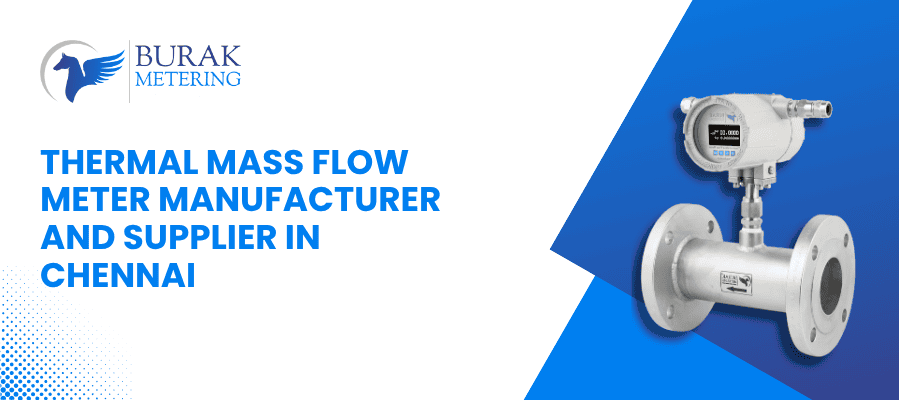 Phone
Phone

Thermal mass flow meters are utilized to directly estimate gas mass stream rates (kg/h) without extra, exorbitant estimation instrumentation. Ordinary gas flowmeters secure the example’s working volume stream, which can shift because of varying pressure factors, temperature, and thickness. These extra prerequisites address expanded estimating intricacy, which can hinder the handling of accuracy. A Thermal mass flow meter acquires the warm mass directly, utilizing the gas’s ordinary thickness as a gauge to ascertain the volumetric stream rate.
A thermal mass flow meter uses heat that moves from a hot film anemometer into the gas stream to screen mass and mass stream due to stream rate subordinate cooling. This marvel is unaffected by factors such as pressing and temperature. All things being equal, the mass stream is controlled by straightforwardly estimating the particles that contact the warmed surface of the movie. This technique depends on an electrical extension circuit containing two resistors situated in the stream. Warmth is electronically applied to one of the sensors, which is at the same time cooled by the surge of gas, while the optional resistor screens the encompassing temperature of the streaming gas.
Learn More: Everything You Need to Know about Thermal Mass Flow Meter
The thermal Mass flow meter gives a consistent differential temperature between the two sensors, which is utilized in relation to the force loss to convective heat to determine the instrument and gas-subordinate constants, including mass stream rate.
These meters are mainstream in modern applications due to their plan. They have no moving parts, require no temperature or pressing factor rectifications, and hold phenomenal precision over a significant range of stream rates. Moreover, at whatever point there is a restricted straight run, which is basic in numerous modern applications, and a created profile can’t be accomplished, stream molding can address the issue. Stream molding can make a known and repeatable speed profile and improve the stream meter’s precision. The connection between mass stream rate and warm stream rate subordinate cooling is resolved utilizing the condition of King’s Law. This standard is broadly utilized for direct mass stream estimations, wiping out the danger of exactness blunders that can emerge through repaying estimations for extra-encompassing conditions.
Looking for accurate thermal mass flow meters for paint booths or gas monitoring systems?
Burak Metering provides high-performance solutions with no moving parts, no pressure or temperature corrections, and precise mass flow readings across wide ranges. Whether you’re managing compressed air, nitrogen, or volatile gases, our meters offer stable performance and easy integration.
Reach out today to get expert advice and the right meter for your application.